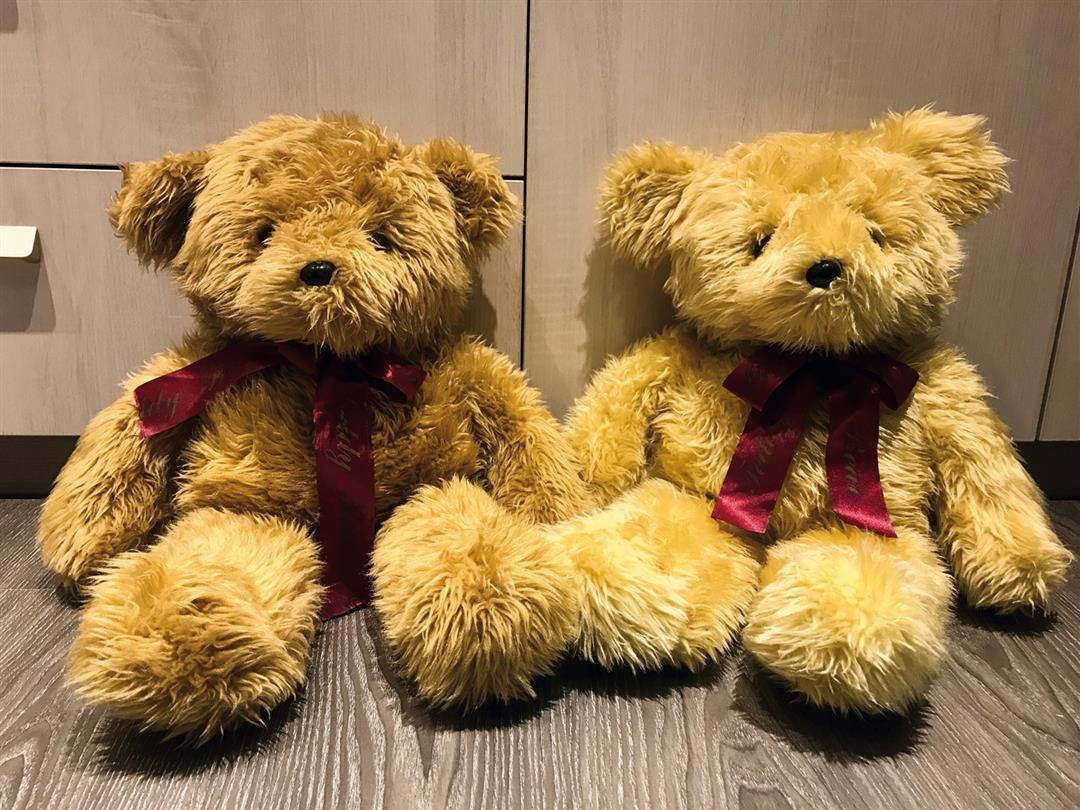Family, not servants
Hsu Tzu-han, who liked watching the anime Cardcaptor Sakura when she was younger, always called Dwi “Sakura,” the protagonist of the show and the name by which the rest of the family then called Dwi. Hsu, meanwhile, thought of herself as Cerberus, Sakura’s teddy-bear-like companion and one of the guardians of the Clow Cards. Every morning when Hsu woke up, if her parents were not home Dwi would call them on the phone so she could hear their voices. When coming home after kindergarten, Dwi would take her on walks around the neighborhood. At night, Dwi would pat her back to lull her to sleep.
But one morning, Hsu Tzu-han woke up to find that Dwi had disappeared. Dwi, who had fulfilled her employment period, decided to leave without saying goodbye because she feared the child would not be able to take the shock of separation. However, not having the opportunity to express her feelings about Dwi’s departure closed off a door in Hsu Tzu-han’s heart. In later years, when her parents worked overseas, she would bury her sadness about their leaving and deal with the emotions on her own.
Over the past decade or so, the thought of searching for Dwi often crossed Hsu’s mind, but she was slow to take action because she didn’t think it would work out. Then one day she read an article titled “The Most Important Thing” that made her think of the teddy bear Dwi had given her and their time together. By the time she reached the end of the article, tears were flowing down her cheeks. From that moment on, she started having frequent dreams about Dwi, with the coronavirus pandemic only deepening the feelings for her that had been growing over the past years. Upon seeing news about the increasingly serious epidemic in Indonesia, Hsu became more and more concerned. At last she decided to search for Dwi.

Before Dwi left, she bought matching teddy bears for herself and Hsu Tzu-han as keepsakes. (courtesy of Hsu Tzu-han)